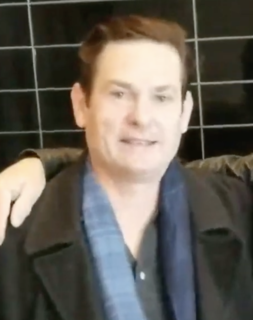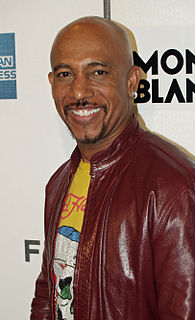A Quote by James Wolcott
The whole ecosystem of celebrity has broken down for writers. If you go back to the '50s, '60s, and '70s, writers were on TV a lot, and they were allowed to misbehave a lot.
Related Quotes
The whole ecosystem of celebrity has broken down for writers. If you go back to the '50s, '60s, and '70s, writers were on TV a lot, and they were allowed to misbehave a lot. Truman Capote was a pop figure, but it wasn't until he went on David Susskind's show and had that extraordinary voice and manner that everyone could imitate, that he really took off as a figure. Norman Mailer and Vidal, the same thing. The bestselling writers now, there's no great animal energy with them.
When I was a kid, a lot of my parents' friends were in the music business. In the late '60s and early '70s - all the way through the '70s, actually - a lot of the bands that were around had kids at a very young age. So they were all working on that concept way early on. And I figured if they can do it, I could do it, too.
I think Hollywood has gone in a disastrous path. It's terrible. The years of cinema that were great were the '30s, '40s, not so much the '50s...but then the foreign films took over and it was a great age of cinema as American directors were influenced by them and that fueled the '50s and '60s and '70s.
I guess when I was younger, I'd have assumed that in 2008 music would be full of great writers following in the tradition of the young great writers of the '60s and '70s, but it hasn't turned out that way, or at least there are no other writers around that I look at and think: 'Wow, I'm outclassed, I need to get out of this business.'
With the Holocaust - I wonder if a lot of Jewish writers of my generation have felt this way - it feels really intimidating to approach it. I feel like so many writers who have either lived through it firsthand or were part of that generation where they were closer to the people who were in it have written so beautifully about it, so there's no lack of great books about it
Writing is not a great profession as a lot of writers proclaim. I write because this is something I can do. Another thing—very often I think a lot of writers write because they have failed to do other things. How many writers can’t drive? A lot. They’re not practical. They are not capable in everyday life.
TV is the place for writers to live. This is where you have creative control and you're constantly writing. 'Twilight' had almost a TV schedule to it. I was constantly working on these projects. There was not a whole lot of lull but I've gone onto other feature projects that's like, 'Okay, I'll get back to you on notes.'



































